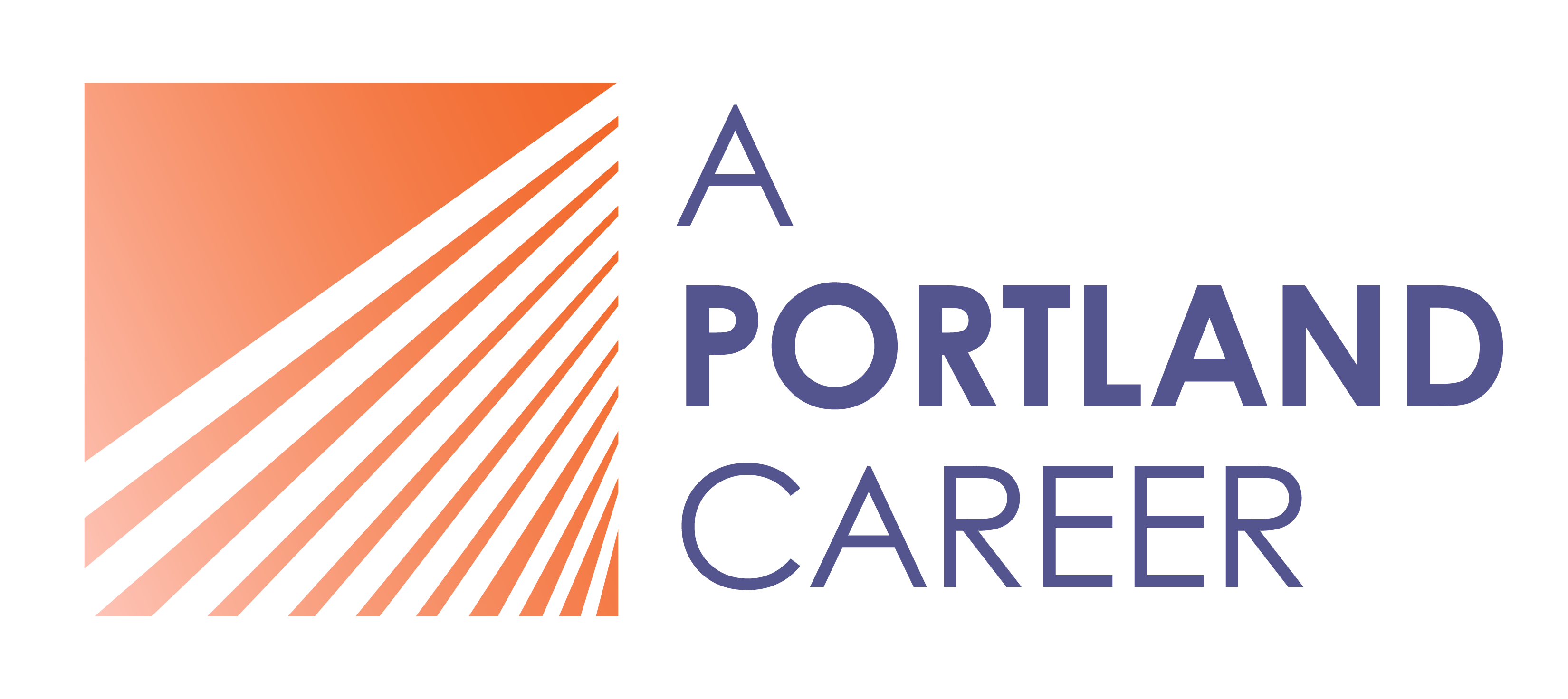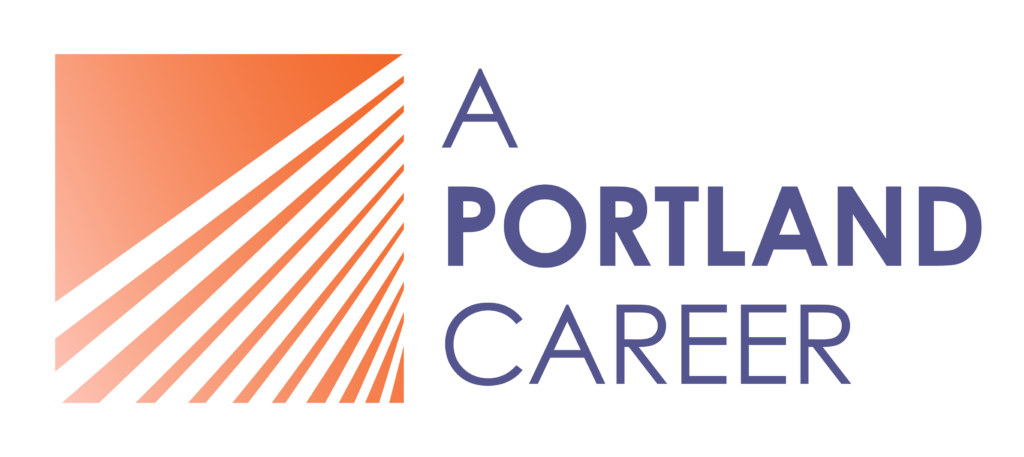Develop a great elevator pitch as a job seeker, and get more out of the dreaded art of networking.
Bad job references? We’ve been there, too. Here’s how to normalize the problem, ease your worries, and proactively address it to land the job offer.
I’m Looking for a New Job: What Do I Do about Bad Job References?
By A Portland Career, and edited by Dan Hahn, M.S., and Suzie Sherman
Worried about a bad job reference? Let’s talk strategy

If you have been fired or asked to resign by a former employer, you will naturally have concerns about what your reference will say, and whether or not you should list them in your next job application. You are in fabulous company. In our career practices we meet many wonderful, competent, and vital job seekers who have been fired. In this article, we’ll share some empathy as well as solid strategies to overcome a bad reference.
We know plenty of wonderful people who had clashes on the job and have had to overcome the potential obstacle of a bad reference during a job search (including some of us!) A client of ours shared this fantastic quote that he had heard during his rocky transition out of the ministry:
“I wouldn’t trust a person who hadn’t been fired at least once in his or her life!”
Believe us: we speak from the heart on this topic. Here are some ways to help you normalize this problem, ease your worries, and break it down into practical strategies to proactively address it and land the job offer.
Home → Helpful Articles → Networking → I’m Looking for a New Job: What Do I Do about Bad Job References?
Here are some related articles that should be helpful:
- How to Get Great References for Your Next Job Search
- How to Network on LinkedIn Like a Pro
- How to Craft an Elevator Pitch: The Secret to Successful Networking
- 23 Informational Interview Questions and a Networking Process that Works
- Find the Networking Style and Tools that Work for You
- Expert Tips for Networking In Portland, Oregon (even if you don’t like networking)
If you’re feeling stuck, or need to get over your networking dread, schedule a consult with us!
On This Page

Most of your job references will likely be positive, or neutral
Your first order of business is to wait until the time in the hiring process that a potential employer asks for a reference check. Once you know that you are getting an interview, you can prep your references in a tactful way. Let’s assume that most of your employment references feel good about you and want to assist you in reaching your career goals.
You can even prepare the supportive people on your reference list by letting them know you’re applying for a particular job, and reminding them about some specific accomplishments you’d like them to mention. You can further fortify your positive referrals by sending them a copy of your resume and cover letter for this potential new job to help jog their memory of how awesome you are!
One of the most reassuring things about tackling the possibility of a bad reference is that, by and large, you probably have previous employers, former employees you worked with, or clients who would be happy to provide a good reference for you. A former boss, especially one that you had a bad parting of ways with, isn’t the only person who can supply a reference. In larger companies, job references are often handled by the HR department, and your previous supervisor might not even enter the picture.
Do some reconnaissance
First, try to learn what your references will and will not say about you. It is particularly important to know how they will respond to the questions: “Why did he or she leave the position?” and/or “Would you rehire this person?” Our hunch is that these questions are only asked 30 percent of the time, but you don’t want to lose sleep wondering if these responses could destroy your candidacy. The good news is that many employers only verify dates of employment and will not comment on performance. You may be able to call the HR department at your former place of employment, and ask them their company policy on references.
You might also find in this research the opportunity to apologize for a specific way that your employment went wrong, in an effort to bridge the relationship with your former boss. If you can get granular about the particular negative feedback from this previous work situation, it might also give you the opportunity to show an interest in improving on this weakness in your conversations with the hiring manager for the potential new job.
Try the direct approach
When Vicki was on the way to being released from a mental health crisis line where she was employed a few years ago, she took a direct approach.
- First, she asked the V.P. of human resources their policy on references. She was given the option of permitting only a verification of the dates of her employment. Alternatively, she could approve responses to traditional reference questions on the quality of her work. Of course, she only wanted to opt for the latter if the comments would be affirming.
- In response to this option, Vicki posed a hypothetical question, “If I applied for a position that did not call for detailed and accurate record-keeping (my weakness), would you be able to convey primarily positive accounts of my skills and performance?” The response appeared to be genuinely positive. They were happy that Vicki was not leaving the position expressing hostility, and she was happy that the reference would not be damaging. A direct approach, in this case, afforded this win-win outcome for both the past employer and for Vicki.

When to avoid contacting a former employer
If your parting relationship was hostile, you may not want to take the direct approach. Another option (the sneaky one) is to ask someone you know and trust to pose as an employer and call the reference, in order to assess what might be shared about your employment.
If you do not feel reasonably confident in the quality of the reference, take great effort to circumvent a conversation between this individual and your potential employer. This is most problematic if the damaging reference is your most recent supervisor. The absence of this individual may raise a red flag for your future employer. Clients of ours have successfully used one or more of the following strategies to address this challenge:
- Told the prospective employer (truthfully) that the employer policy is not to release qualitative references, so you have substituted the name of someone who is allowed to comment on your performance.
- Secured a short-term contract job in the field from a supportive colleague so that the most recent reference would be from a different individual.
- Used a supportive member of the board of directors in place of the former supervisor to provide a professional reference.
- Explained to the potential new employer the nature of the conflict and gave the names of three other people in the organization, so that they could get a fuller perspective.
- Directed the prospective employer to a large pool of positive references on LinkedIn.
These actions may be quite emotionally demanding because they are prone to re-ignite the anger, sadness, or disappointment that you feel about the unhappy circumstance of getting fired or let go. Activate your self-care tools to bolster your reserves: talk to supportive friends or your therapist, schedule a massage, or lean into your spiritual practice, or connection with nature, to keep you fortified for this emotionally sticky process.
What employment law has to say in the event of a negative reference: According to FindLaw dot Com, most bad references are legally protected speech. Unless there are outright lies that can be proved to fall under defamation laws, legal action against a former employer is not something to take on lightly, or without obtaining legal advice from an employment attorney. Factual information shared in a job reference, including negative opinions, are usually protected by law.
Final thoughts on what to do about bad job references
Applying for jobs is hard enough without the specter of a bad reference from your past work history. When you remind yourself that most of your references will be positive, you are halfway to realizing that you can overcome the potential for some negative feedback from a former employer. If it’s possible to bridge your relationship with your former boss, asking whether a good reference is possible can offer you the chance to make amends and receive feedback that you can use to improve. If the end of your tenure at the job was too hostile to make this attempt, there are a number of ways to overcome the potential bad job reference by asking other previous employers, former co-workers or clients, or researching the company policy on referrals with their HR department to ascertain whether at least a neutral reference is possible.
Above all, remember to be kind to yourself during this emotionally loaded process. Digging up memories of a negative job experience can be hard to navigate. Remember to put your self-care strategies in place and talk about your feelings with someone you trust. You can also learn what the experts at A Portland Career can do to guide you through the process of getting good references for your job search.
Key takeaways
- A lot of good, talented people have been fired or asked to resign from jobs. You are in great company!
- It’s likely you have many good references to draw on in your job search, and, at the very least, with some research, you can figure out how to get a neutral reference from the HR department at your previous job.
- It’s okay to source references from different employers you’ve worked for, in addition to former colleagues, clients, and even people in other positions of leadership besides the direct supervisor you bumped heads with.
- When you can make a connection with your potential bad reference, use the opportunity to take responsibility for your part in the conflict, and ask for feedback you can use to improve your future performance.
- Be aware of the difficult feelings that might arise in this process, and seek sources of support.
Related articles you might be interested in:
Find the Networking Style and Tools that Work for You
Find the networking style that works for your personality. Read more to learn how to use LinkedIn, create an elevator pitch, and organize your networking contacts.
How to Network on LinkedIn Like a Pro
LinkedIn isn’t just a glorified resume or a simple social platform. Wield the power of LinkedIn to meaningfully grow your professional network.
Expert tips for networking in Portland, Oregon (even if you don’t like networking)
Reframe your relationship with networking and get expert-backed tips on how to do it right in the greater Portland area.





